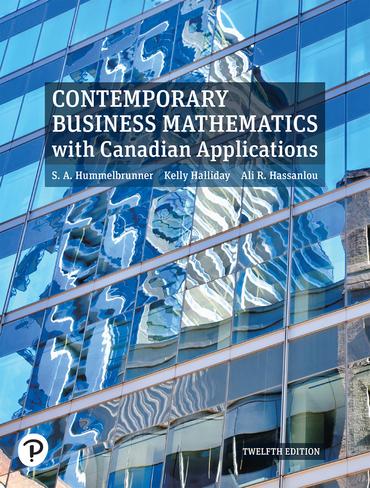Answered step by step
Verified Expert Solution
Question
1 Approved Answer
Same as the question above: Consider the following variant of Homework #8: Given m = 3 distinct presents and n = 3 guests, the host
Same as the question above: Consider the following variant of Homework #8: Given m = 3 distinct presents and n = 3 guests, the host will give the presents out one by one randomly to one of the guests. Therefore it is possible that a guest may receive no presents, one present, or multiple presents. Let S = { | 1 i, j, k 3} be the sample space of all possible outcomes. For example, the <2, 2, 3> in S represents the possible outcome where the first two presents were given to guest #2 while the last present was given to guest #3. Answer the following probability questions assuming each possible outcome is equally likely. E1 is the event that guest 1 receives no present at all. E2 is the event that guest 2 receives no present at all. Pr(E1 E2) =
Step by Step Solution
There are 3 Steps involved in it
Step: 1

Get Instant Access to Expert-Tailored Solutions
See step-by-step solutions with expert insights and AI powered tools for academic success
Step: 2

Step: 3

Ace Your Homework with AI
Get the answers you need in no time with our AI-driven, step-by-step assistance
Get Started


